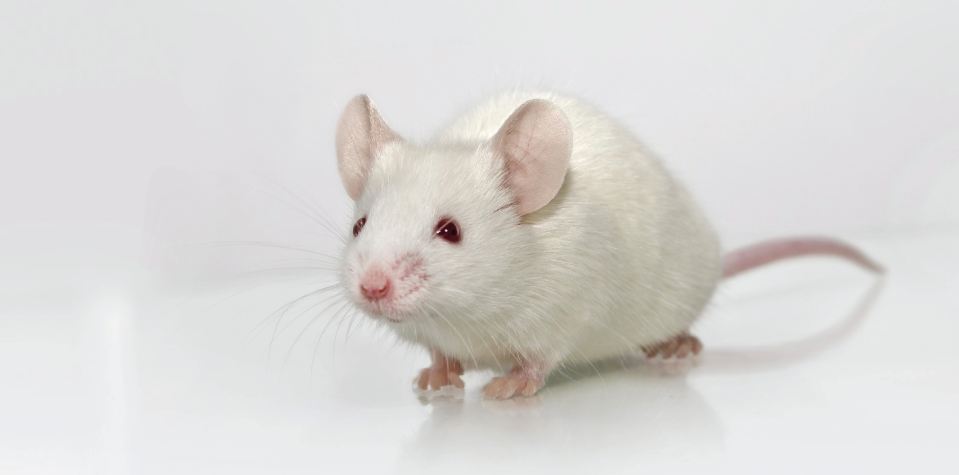Genetically engineered animal models (GEMs) are essential tools for preclinical research but can be difficult to license depending on how the model was designed. Taconic Biosciences' Dr. Megan MacBride recently authored an article on this topic for the Journal of Precision Medicine. MacBride explains that "proactive measures" should be taken when purchasing or designing a GEM. It is of vital importance to conduct due diligence on any intellectual property (IP) associated with the desired model and work with a model provider that is transparent with their licensing practices:
 "Animal models remain essential for drug discovery, especially models that are genetically engineered. Of note, models generated using CRISPR /Cas9 gene editing involve complex licensing issues, but any genetically engineered animal model could have access challenges if licensing is not taken into consideration early on. Well-publicized lawsuits have brought many potential issues to light, demonstrating the high stakes that are often involved. Understanding the intellectual property (IP) issues associated with the use of genetically engineered models (GEMs) can help investigators avoid running afoul of licensing restrictions and ensure proper protection for all parties involved. In this article, we address IP issues and strategies to gain access to animal models, particularly GEMs."
"Animal models remain essential for drug discovery, especially models that are genetically engineered. Of note, models generated using CRISPR /Cas9 gene editing involve complex licensing issues, but any genetically engineered animal model could have access challenges if licensing is not taken into consideration early on. Well-publicized lawsuits have brought many potential issues to light, demonstrating the high stakes that are often involved. Understanding the intellectual property (IP) issues associated with the use of genetically engineered models (GEMs) can help investigators avoid running afoul of licensing restrictions and ensure proper protection for all parties involved. In this article, we address IP issues and strategies to gain access to animal models, particularly GEMs."
Read more at: thejournalofprecisionmedicine.com
 "Animal models remain essential for drug discovery, especially models that are genetically engineered. Of note, models generated using CRISPR /Cas9 gene editing involve complex licensing issues, but any genetically engineered animal model could have access challenges if licensing is not taken into consideration early on. Well-publicized lawsuits have brought many potential issues to light, demonstrating the high stakes that are often involved. Understanding the intellectual property (IP) issues associated with the use of genetically engineered models (GEMs) can help investigators avoid running afoul of licensing restrictions and ensure proper protection for all parties involved. In this article, we address IP issues and strategies to gain access to animal models, particularly GEMs."
"Animal models remain essential for drug discovery, especially models that are genetically engineered. Of note, models generated using CRISPR /Cas9 gene editing involve complex licensing issues, but any genetically engineered animal model could have access challenges if licensing is not taken into consideration early on. Well-publicized lawsuits have brought many potential issues to light, demonstrating the high stakes that are often involved. Understanding the intellectual property (IP) issues associated with the use of genetically engineered models (GEMs) can help investigators avoid running afoul of licensing restrictions and ensure proper protection for all parties involved. In this article, we address IP issues and strategies to gain access to animal models, particularly GEMs."















.jpg)

.jpg)
.jpg)
.jpg)
.jpg)





.jpg)


.jpg)
.jpg)

.jpg)


.jpg)





.jpg)

.jpg)


